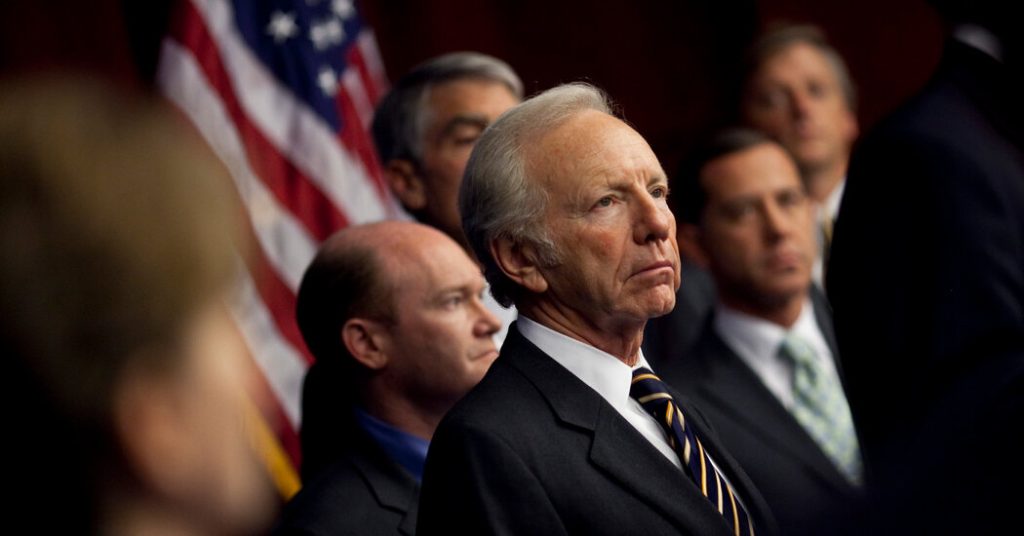Joseph I. Lieberman, a four-term United States senator from Connecticut who was also the Democratic vice presidential candidate in the 2000 election, passed away in Manhattan at the age of 82. Lieberman, known for his stance on ethics and faith in public life, made history as the first Jewish candidate on a major-party presidential ticket. The 2000 election was a turbulent and controversial one, with the Supreme Court ultimately giving the election to George W. Bush, despite Lieberman and Al Gore winning the popular vote. This decision led to Lieberman seeking the 2004 Democratic presidential nomination, which he ultimately lost due to his support for the Iraq war.
Following his failed presidential bid, Lieberman faced challenges in his home state, losing the Democratic primary in 2006 but winning as an independent in the general election. He later endorsed Republican Senator John McCain in the 2008 presidential election, with McCain considering Lieberman as a possible running mate. Despite being seen as an outsider in the Democratic Party, Lieberman remained influential in Congress, particularly through his support of the creation of the Department of Homeland Security and his pivotal vote on the Affordable Care Act.
Throughout his political career, Lieberman was known as a centrist Democrat who often crossed party lines on certain issues. He faced criticism for his support of the Iraq war, but was praised for his willingness to compromise and his dedication to his religious faith. After leaving the Senate in 2013, Lieberman continued his work in a Manhattan law firm and served as the founding chairman of the bipartisan organization No Labels. His willingness to speak out against former President Trump’s false claims about the 2020 election highlighted his commitment to democracy and the rule of law.
Born in 1942 in Stamford, Connecticut, Lieberman was known for his early activism in the civil rights movement, particularly his participation in a caravan to encourage Black residents in Mississippi to vote. He graduated from Yale University and Yale Law School, where he began his political career by successfully challenging the Democratic majority leader in the Connecticut State Senate. Despite facing challenges, Lieberman remained dedicated to his convictions, even when at odds with his own party, and was remembered for his integrity and commitment to public service.
Lieberman’s legacy as a politician extended beyond his Senate career to his work in advocating for civil rights, homeland security, and healthcare legislation. His involvement in shaping key policies and his willingness to stand up for his beliefs, even in the face of political opposition, left a lasting impact. As a trailblazer for Jewish Americans in politics, Lieberman’s contributions were not only influential in his own time but continue to inspire future generations of public servants.












